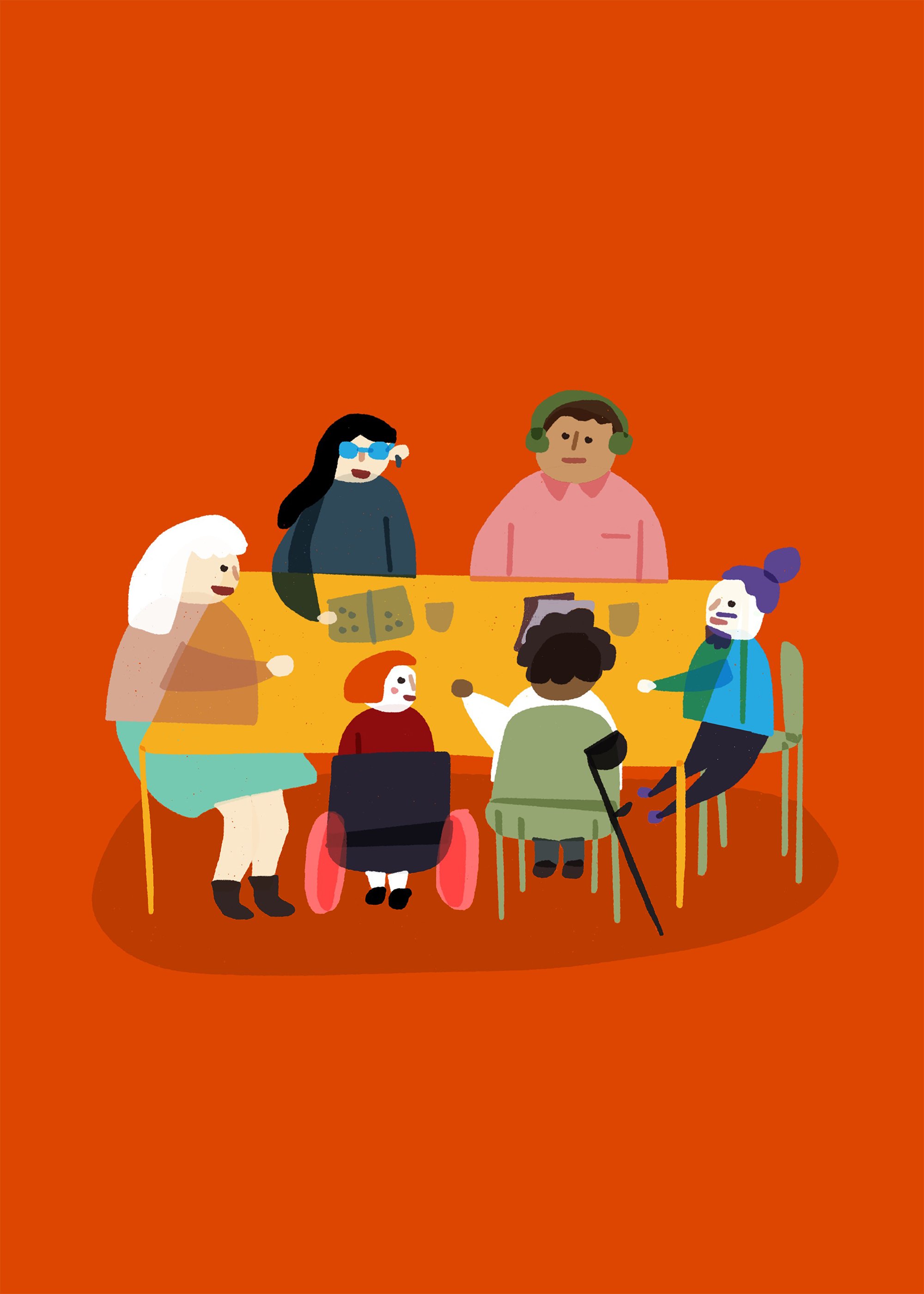Decolonize Your Review Process, Please
Part of the Black August Series
Ishan Johnson, CFRE
We all know what the grant process looks like. You get “invited” to apply, or just look for the proper linkage to an organization before submitting an LOI. If they respond to your inquiry, you prepare your materials and try to submit by the deadline. After spending countless hours crafting the best case for support, program evaluation, financials, and anything else required by a grantor, you may wonder….
Who is reviewing my proposal?
Well, that depends on the org. Oftentimes, it’s a White trustee or program officer, in a predominantly White foundation. If you’re a BIPOC-led or -serving organization, under a certain annual budget, or under-resourced in general, this isn’t fair or equitable. Foundations sometimes set near-impossible criteria and guidelines for grantees.
I thought much of this changed during the pandemic and renewed fight for racial justice, but it seems that many have fallen back to their archaic ways. I mean, why should anyone have to send a 30-page application just to be awarded 5% of their operating budget? No, just no.
Image credit: Hatiye Garip
“I mean, why should anyone have to send a 30-page application just to be awarded 5% of their operating budget? No, just no.”
If you’re sitting on an all-White board of directors, in a very posh air-conditioned office, reviewing grant applications with your fancy latte in-hand, then something is wrong. You need to put the leaf in the table and invite other voices to chime in.
Why?
Because those within the spaces that are served will know best what the community needs. To be honest, foundations should be showing everyone else how this is done. It’s 2022, and we’re still de-colonizing philanthropy. What will it take for the sector to eventually wake-up?
I recently served on such a panel, reviewing grant applications for a foundation in Chicago. First, I was confused as to why I was picked. I’m not a born-and-raised Chicagoan, and I hadn’t done this before. The foundation shared that my experience as both an artist and administrator caught their eye, and they wanted to hear from me. During the review process, I leaned into applications from underserved organizations working within underserved communities. These applications would otherwise not even be considered by a much larger or prestigious grantor. To say it was an eye-opening experience is an understatement. I learned of organizations doing extraordinary work in the 77 districts of my city. There were also so many first-time applicants, which was also exciting to see.
While someone may have just seen this as a simple “read and then say yes, or no,” I asked so many questions during our review. Lucky for me, my fellow panelists had their own inquiries. Collectively, we put equity first, and even recommended some orgs receive complimentary grant-writing resources if their applications were incomplete. I doubt a “traditional panel” would have taken such TLC during the granting process.
Foundations continue to struggle with the power dynamics within their philanthropic giving. Many give to the flashiest, or most note-worthy projects, while other more innovative organizations get ignored. If only a chosen few are asked to chime in on an application, you’re basing a life-changing decision on how a few folks may be feeling that day.
Open up your review process, please.
Organizations doing great work should not need to keep asking for equity and access while also requesting funding. Do better.
The GIA Black August Reader Series lifts up the work, aims, and possibilities of Black artists, community, and grantmakers, and offers a call to the field asking cultural grantmakers to interrupt institutional and structural racism while building a more just funding ecosystem that prioritizes Black communities, organizations, and artists. Black August, born out of Black liberation, resistance, and justice movements, is a month dedicated to critical learning and analysis, reflection and study of our roles in oppressive or liberatory systems, and an opportunity to grow, connect, and prepare for the challenging work ahead.
About the Author
Ishan Johnson, CFRE, is the Associate Director of Philanthropy at Art Institute of Chicago and the Vice President of AFP Chicago's Inclusion, Diversity, Equity, and Access initiatives.


